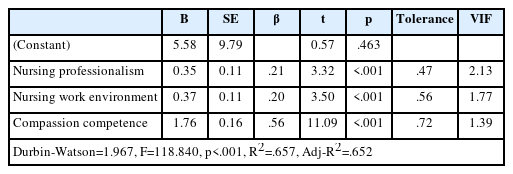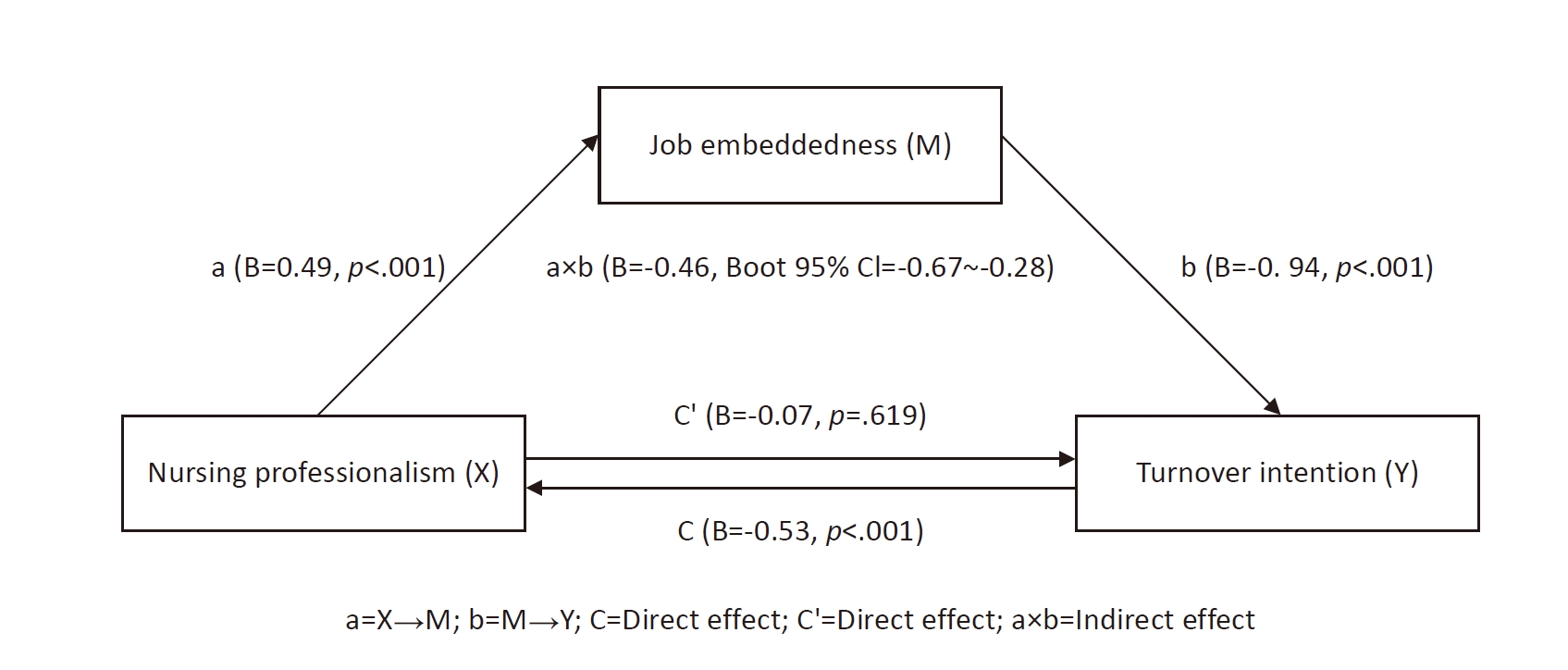

Citations

Citations

Citations

Citations

Citations

Citations

Citations

Citations

Citations

Citations

Citations

Citations

Citations

Citations

Citations

Citations

Citations

Citations

Citations

Citations

Citations

Citations

Citations

Citations

Citations

Citations


